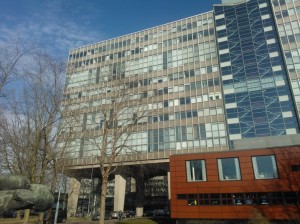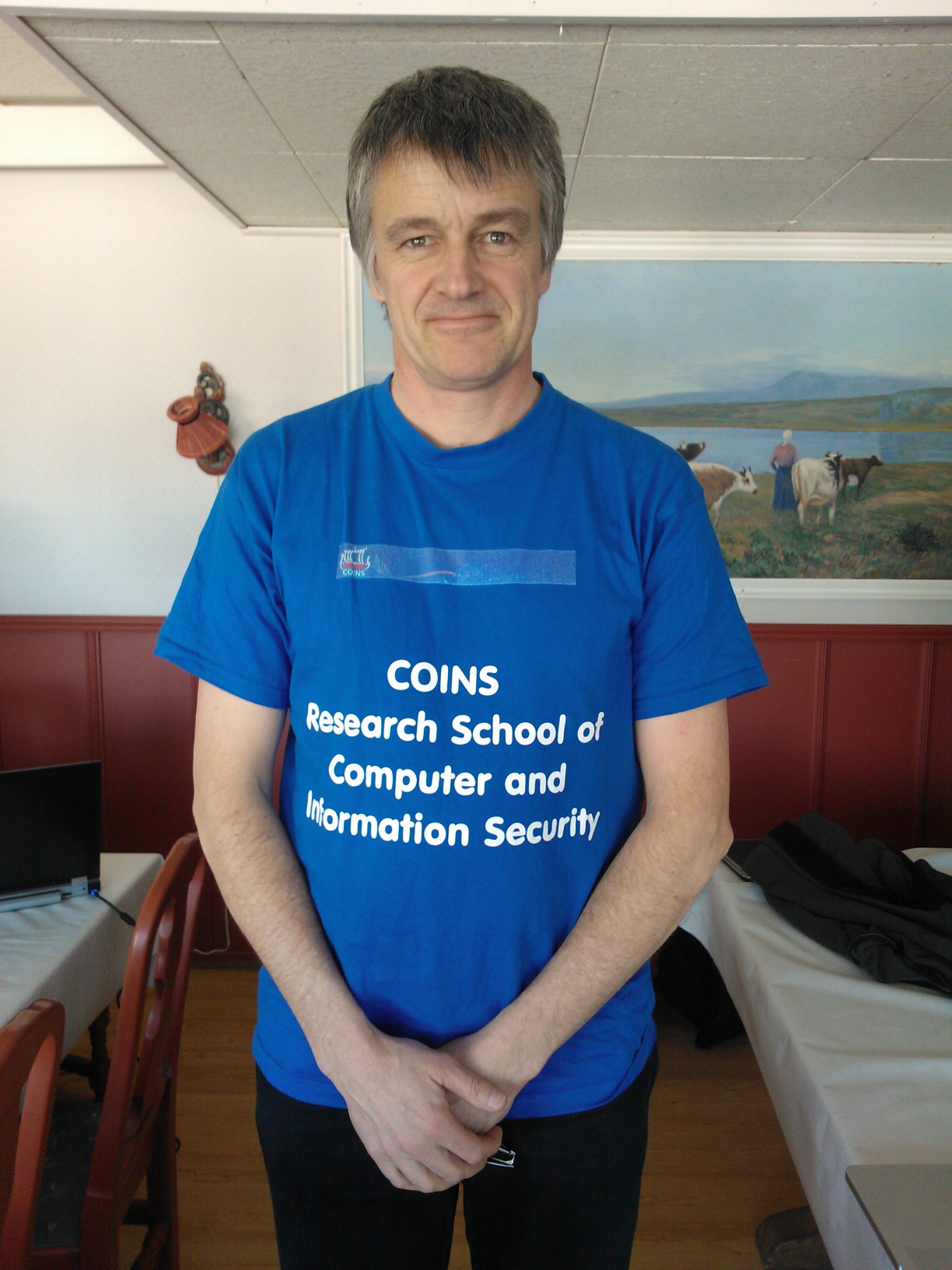 We wanted to have a good start in the right direction with COINS. Hence, we explored what other research schools had tried before us, what worked and what didn’t.
We wanted to have a good start in the right direction with COINS. Hence, we explored what other research schools had tried before us, what worked and what didn’t.
For our first trip, we selected five research schools in the Netherlands and in Germany in different areas of research and with different forms of cooperation: DISC (Eindhoven), Research School plus (Bochum), B-IT (Bonn), WONDER (Utrecht), Ius Commune (Utrecht). All schools had been operating for several years, sometimes as far back as more than twenty years. Topics that were discussed with representatives of all schools included the added value of a research school for Ph.D. training, specifics of a discipline related to Ph.D. training, cooperation with partners that compete for resources outside of the school, long-term strategic goals, and typical mistakes in starting and running a research school.
For our second trip, we selected seven institutions in Germany and in Luxembourg. All training programmes had been operating for several years, and all programmes included security as their main focus or as one area of specialisation: HRSST (2xBerlin), CASED (Darmstadt), KASTEL (Karlsruhe), IMPRS-CS (Saarbrücken), USBGS-CS (Saarbrücken), DS-CSCE (Luxembourg). Topics that were discussed with representatives of all schools included the added value of a research school for Ph.D. training, specifics of security and computer science related to Ph.D. training, cooperation with partners that compete for resources outside of the school, long-term strategic goals, and typical mistakes in starting and running a research school.
Observations we made:
- Everybody has some activities specialised to the discipline of the research school.
- Cooperation across faculties or institutions is easier to achieve when there is money.
- Cooperation across faculties or institutions is easier to achieve when there is not too much money.
- Attracting good master students to a research school that may be developed into Ph.D. candidates is not uncommon.
- Students seem to work hard even if they only get a certificate that has little formal value.
- Many (institutions and students alike) use a research school as a brand to brush up their funding applications or CVs.
- Successful research schools try to avoid too many rules and are rather inclusive than exclusive.
- Research schools involving a research institute and a university seem to be more driven/promoted/demanded by the research institute.
- Research schools cooperate with local masters programmes to recruit candidates.
- Significant effort is put into recruiting.
- Research schools follow up on students’ progression more closely (in addition to individual thesis advisors) and are interested in high completion rate.
- Training modules are often optional and participation is documented outside of a formal transcript.
- The structure of a research school is used as a brand.
- Organisational issues should be dealt with early and they should be communicated clearly.
Download a more detailed report on the first study tour and on the second study tour.
You can see COINS project partners and the research schools that we visited on the map.
Click to see a larger map

